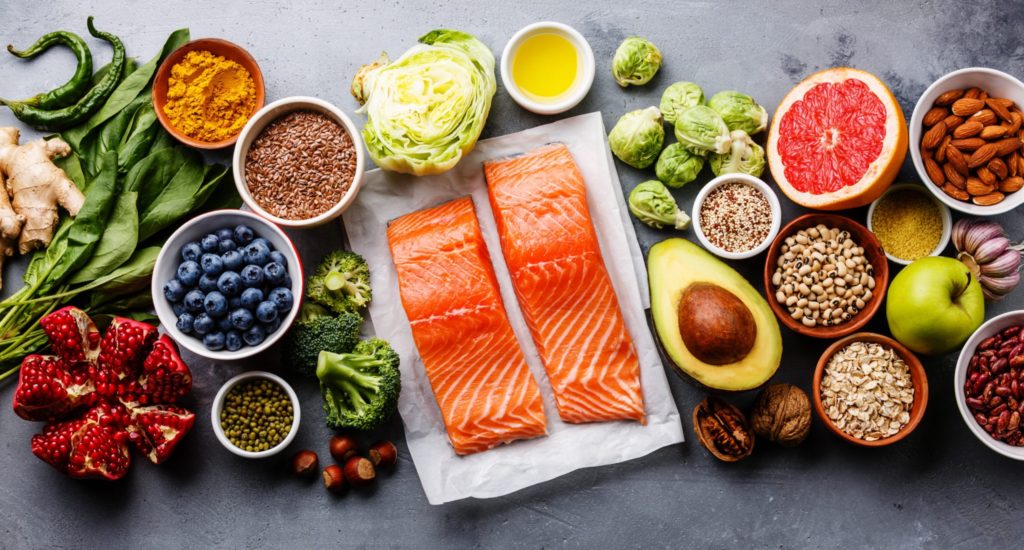Dietary intake and diet quality of adult survivors of childhood cancer and the general population: results from the SCCSS-Nutrition Study.

What did we hope to achieve?
We studied former cancer patients to find out what they ate. We wanted to know how good their diet is and if it is influenced by their previous cancer diagnosis and treatment. We also studied how the diet from former patients varied from other people.
Why is this important?
Survivors need to pay more attention to what they eat than other people who didn’t had cancer as they are having a higher chance to get a chronic disease.
What did we do?
The Swiss Childhood Cancer Survivor Nutrition survey asked people who had cancer when they were children to write down what they ate over the last month. Our goal was to report how much and how well they ate as adults. To measure how well they ate, we used a scale called the Alternative Healthy Eating Index. We compared our results to those of two earlier studies among healthy adults in Switzerland that asked the same questions as our study.
Who was involved in this project?
This study was carried out by a childhood cancer epidemiologist (Professor Claudia Kuehni) and two nutritional epidemiologists (Professor Murielle Bochud and Dr. Fabiën Belle). For more than six years, this team has collected information from people who had cancer when they were children.
What did we find?
A total of 775 participants filled in the questionnaire about their diet. We compared our results to the CoLaus study (1276 participants) and Bus Santé study (2529 participants).
We found people who had cancer as children did not eat enough fibre and ate too much salt (sodium), and saturated fats, just like people who did not have cancer as children. Both groups ate poorly, but those who had cancer as children ate a little worse. People who had cancer as children ate less fish, fruit, and vegetables and drank more alcohol, but they did drink less soda. The cancer treatments people were given as children did not seem to affect how well they ate as adults.
What does it mean?
People who had cancer as children eat as poorly as those who did not have cancer. It is advised to everyone to eat more fruit, vegetables, and fibre, and to drink less soda, eat less red and processed meat, salt, and saturated fats. We saw that the cancer treatment former patients got in the past did not change how well former patients ate in the long term. Our results suggest that everyone should be taught the importance of a good diet.
More information can be found on:
Belle et al. Dietary intake and diet quality of adult survivors of childhood cancer and the general population: results from the SCCSS-Nutrition Study. Nutrients 2021, 13, 1767; doi:10.3390/nu13061767
